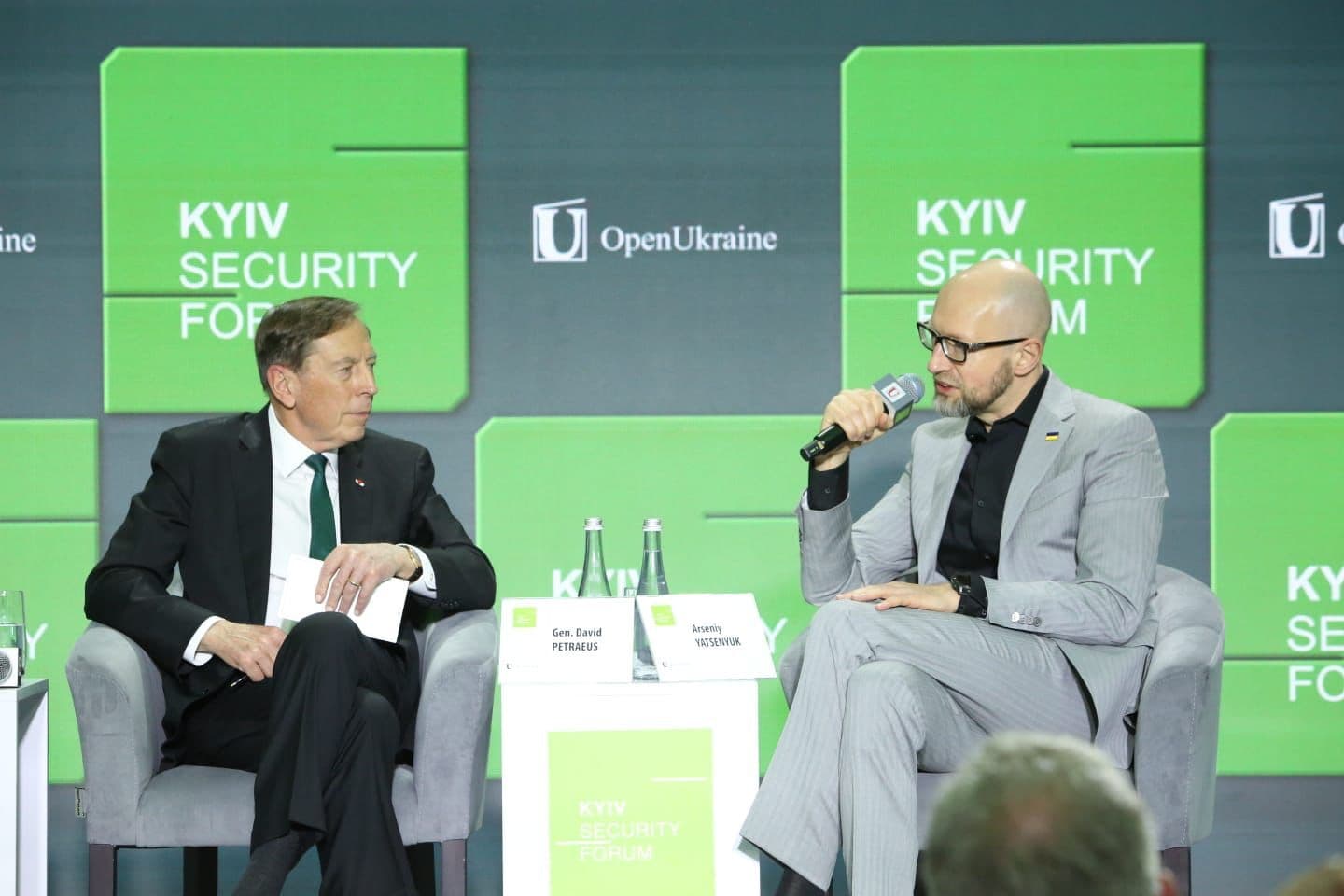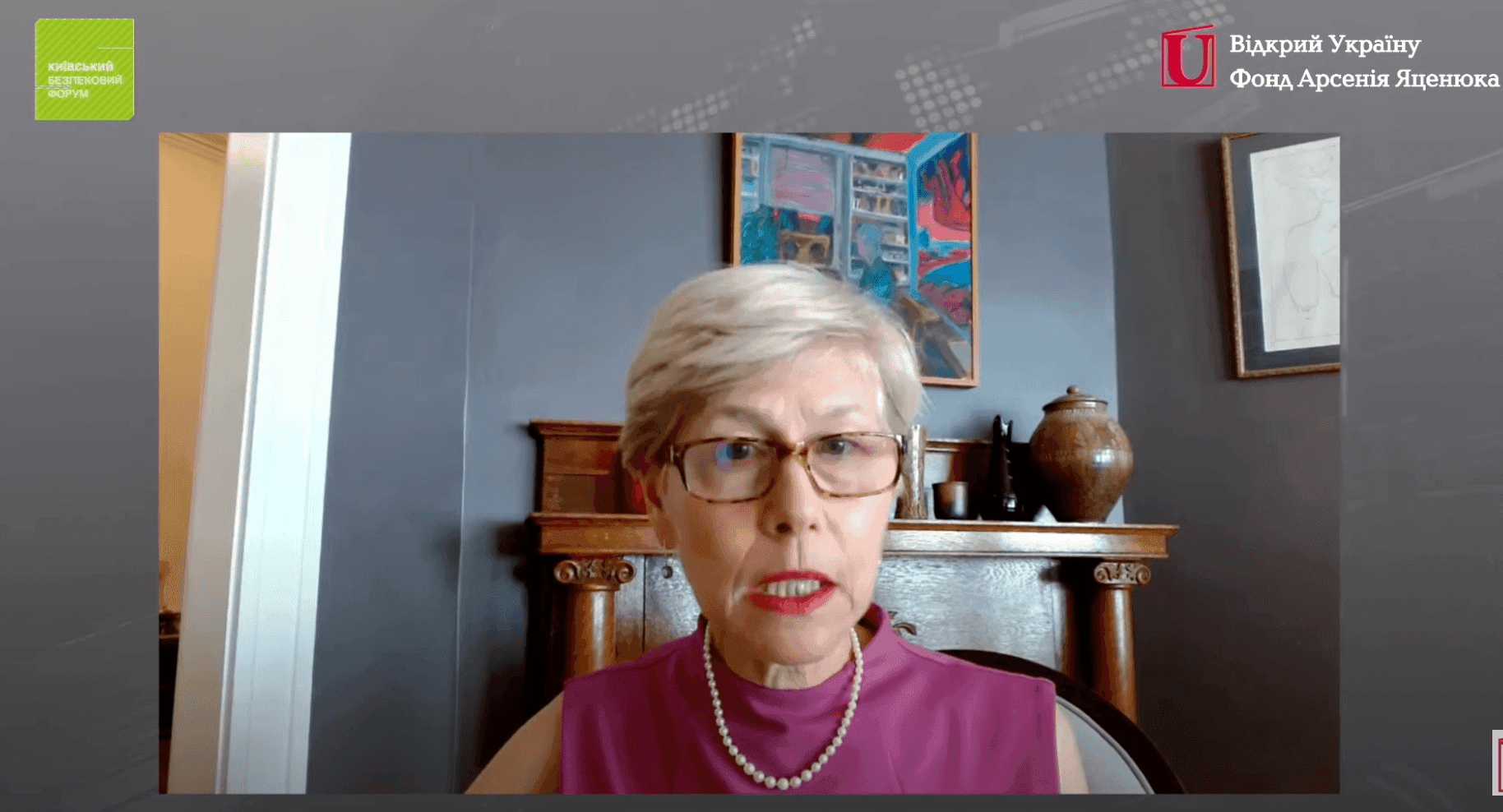In international negotiations, especially amid military conflict, the “language of diplomacy” ceases to be a metaphor — it becomes a tactical extension of warfare.
Minimal tactical signals, symbolic phone calls, scripted response delays, and media leaks — often controlled, calculated, and deliberately manipulative — are no longer peripheral. They form an essential political component of war.
In a setting where every move risks further escalation, a new kind of diplomacy emerges — one of stakes, not compromise.
Former U.S. President Donald Trump’s phrase — “we’ll know in two weeks” — was less of a statement and more of a delayed threat. In the framework of strategic behavior theory (notably articulated by Thomas Schelling, Nobel Laureate in Economics 2005 for advancing understanding of conflict and cooperation through game theory, and Michael Porter, a leading figure in global economic competition), such phrasing is a textbook ultimatum cloaked in ambiguity.
The U.S. sent personal envoys to the negotiating table but stuck to a clear formula: if there’s no progress from Russia, the mode of engagement will change.
This approach aims to discipline the adversary through uncertainty — cultivating fear of the unpredictability of America’s potential counteractions, whether in the form of intensified sanctions or the introduction of more powerful, qualitatively new military support for Ukraine.
The same principle — a threat in delayed form — is applied to Ukraine as well: warnings about withdrawal from negotiations, ambiguity surrounding future arms deliveries.
At the same time, Russia deploys its own brand of para-military diplomacy — staged gestures designed for international media consumption.
Crucially, this is not yet a move toward ending hostilities, but rather the initial phase of a process in which all parties present a willingness for peace — but strictly on their own terms. Russia’s strategic bet is to delay direct U.S. pressure and push negotiations into the realm of prolonged diplomatic maneuvering.
Against this backdrop, any military escalation — missile strikes or drone attacks — becomes part of the diplomatic lexicon. These are no longer interpreted solely as acts of war, but as signals — proof of seriousness, or readiness to go all the way. What we see is a blurring of lines between diplomacy and warfare, a synergy between the two.
In game theory — which diplomacy effectively is — strategies are chosen based on the assumption that rational players aim to maximize their expected payoff. This would be simple if each player knew the others’ strategies in advance. Ukraine’s drone strike on Russian strategic aviation bases, however, adjusts Russia’s strategy, weakens its position, and may positively influence U.S. leadership’s stance on Ukraine.
The U.S. now faces a dilemma: continue to press for peacemaking, or switch to a coercive strategy.
In either case, we are not witnessing a return to classical negotiations — but rather, the continuation of conflict by other means.
Vyacheslav Butko
Economic Advisor, Kyiv Security Forum









